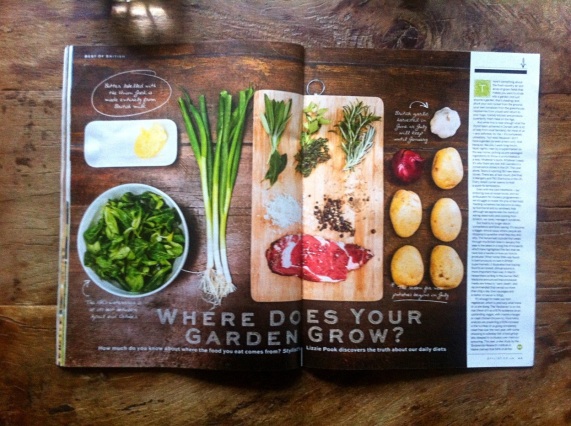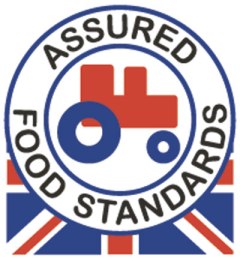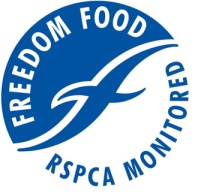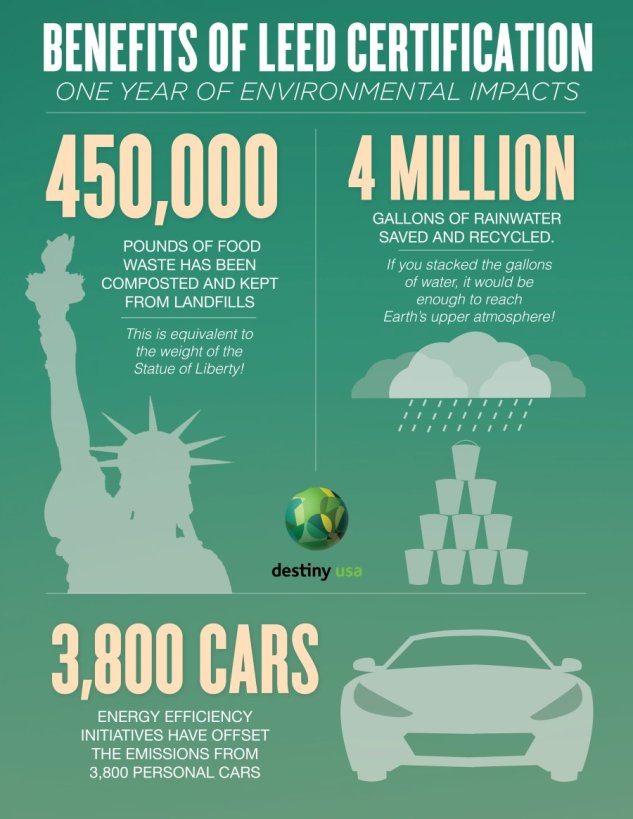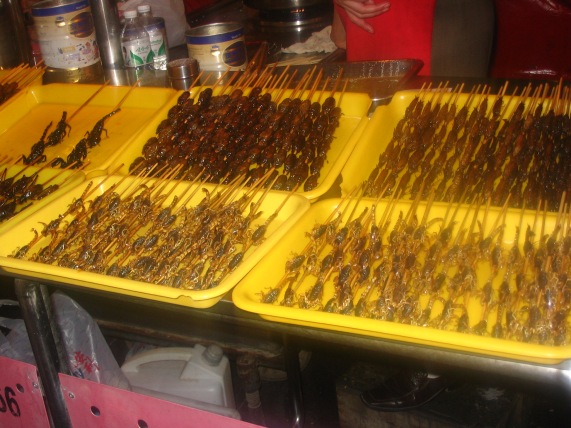For the past few weeks the news has literally been inundated with updates on the bad weather we’ve had here in the UK and also the storms that have been hitting the US.
Apparently it was the unusually bad storm in Indonesia that started it all off, as a chain reaction that affected so many people and even caused fatalities, 3 people died because of it in the UK alone.
This brief BBC video, from 13th February 2014, gives a good summary of what has been happening: UK storms: “Global chain reaction” behind bad weather.
One comment is particularly interesting to me: “Met Office scientists cannot give a definitive answer about climate change, but they ask about all the recent extremes”.
Another BBC article, published on 9th February so 4 days before the video, is titled “Met Office: Evidence “suggests climate change link to storms“.
I guess the way the media is reporting scientists’ opinions can be a little confusing sometimes, I initially thought these two statements from the same source, the BBC, were clashing.
However a few paragraphs into the article the concept becomes somewhat clearer, as Dame Julia Slingo states : “There is no evidence to counter the basic premise that a warmer world will lead to more intense daily and hourly rain events.”
Which to me means “We cannot prove that the bad weather we’ve had and climate change are not linked”.
With this, we can understand that scientists may not be necessarily trying to prove that climate change and the extreme weather we have been witnessing are interlinked, but rather they are trying to see if this hypothesis can be proved and become a theory.
It’s almost as if they are trying to find evidence to prove that they are not linked, in the meantime it is probable that the devastating weather and climate are, in fact, linked.
I find this is important to understand.
I have been thinking about writing this post for the past 2 weeks and it has changed a lot in the process, while I tried to understand more of what’s been going on.
At first all the articles I was reading seemed to make it clear: climate change is causing extraordinary weather, this weather is causing innumerable problems for thousands of people…
If climate change itself is mainly caused by humans’ emissions then we simply have to act more sustainably to produce less emissions, prevent and solve this problem.
I’d love to be able to know for a fact that change and adverse weather connection are linked.
But the fact that this cannot be proved as 100% true does not mean it is not, or at least in part.
I am just trying to understand how things are connected, why and what I can do in order to slow these hostile phenomenons down.
Another great article, this time the Guardian’s “World begins 2014 with unusual number of extreme weather events” quotes: “”We are living in a time where the climate is changing quite rapidly. There is reason to expect that the changes in the sea ice will have large local effects. Further investigation will improve our knowledge of whether or not the effects of sea ice decline and broader changes in the Arctic have global effects,” said leading US meteorologist Jeff Masters.”
I guess it’s an ongoing quest.
In the meantime, I will continue to look for more ways to lead a more sustainable life, together with eating less or no energy-hungry food such as meat, recycling more, buying less but better quality and from sustainable sources…
I have posted a petition to ask for better flood defenses on the blog’s Facebook page.
Do you feel confused by the way the media shapes the news?
What is your opinion on the relation between climate change and the planet’s weather?








